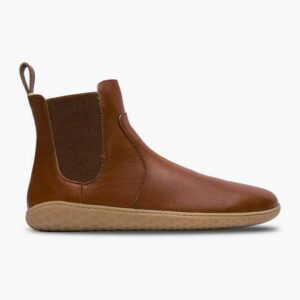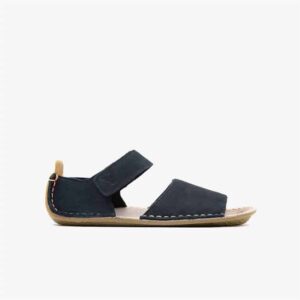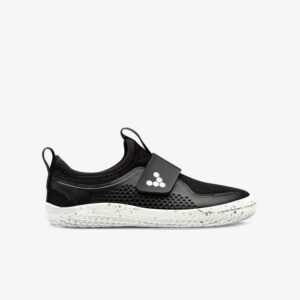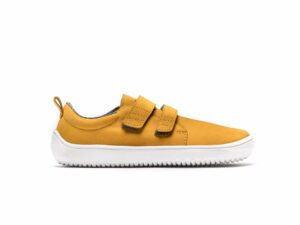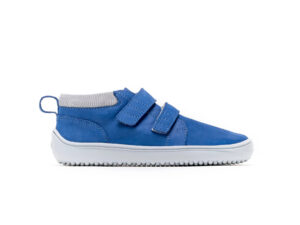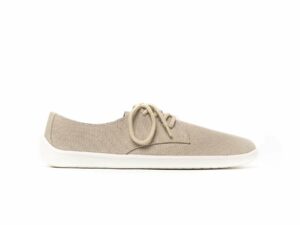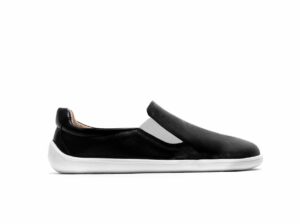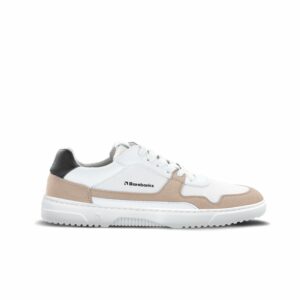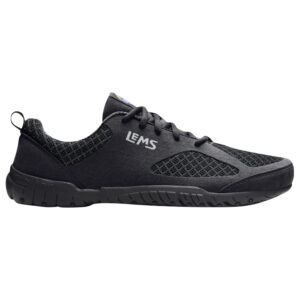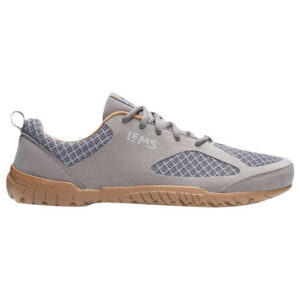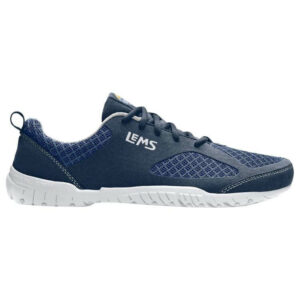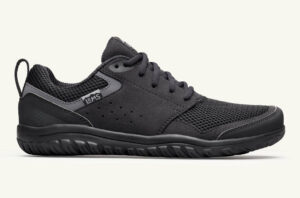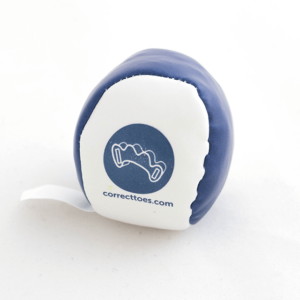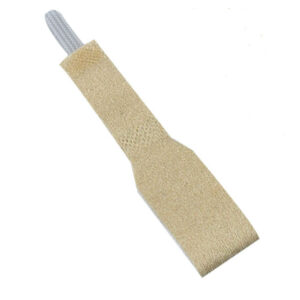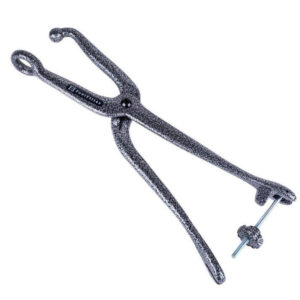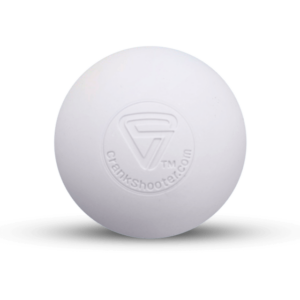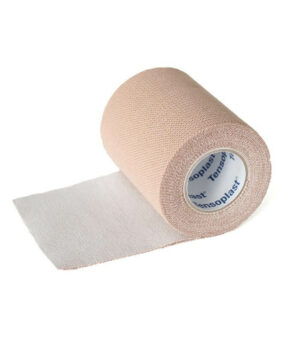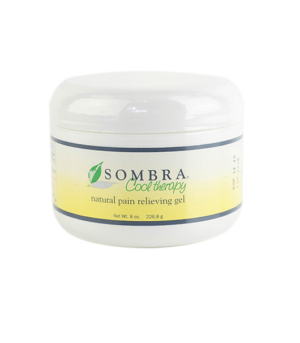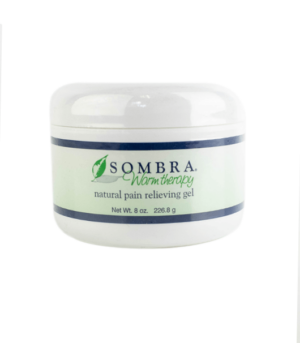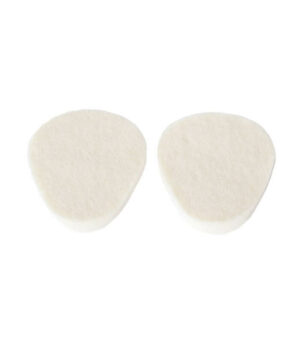-
Be Lenka Kids’ Jolly – Mango
$79.00Original price was: $79.00.$63.20Current price is: $63.20. Select options -
Be Lenka Kids’ Play – Navy
$79.00Original price was: $79.00.$63.20Current price is: $63.20. Select options -
Be Lenka City – Sand
$139.00Original price was: $139.00.$83.40Current price is: $83.40. Select options
Toe Spacers and Shoes for Neuroma
Neuroma
For those dealing with morton’s neuroma, finding footwear and foot accessories that prioritize toe comfort is ultimately important.
Morton’s neuroma is a painful condition caused by the thickening of tissue around the nerves leading to the toes. This can result in sharp or burning pain in the ball of the foot or between the toes.
To alleviate discomfort, using toe spacers for morton’s neuroma can help relieve pressure by promoting natural toe alignment. Wearing shoes with a wide toe box can also provide relief by allowing your toes to splay comfortably.
Toe Spacers for Morton’s Neuroma
- Toe Spacers – Wearing toe spacers can be beneficial for neuroma by creating space between the toes, which helps reduce compression on the affected nerves.
Shoes and Other Products for Morton’s Neuroma
- Correct Toes Approved Shoes – Correct Toes approved shoes are shoes that you can wear with toe spacers inside. The Correct Toes team personally reviews shoes that are widest at the tip of the toes, have zero-drop construction, and flexible and thin enough to allow our toes to move naturally.
- Barefoot Shoes – Wearing barefoot shoes may help with neuroma by providing a minimalist footwear option that allows for natural foot movement and minimal constriction.
- Wide-toe Box Shoes – Wide toe box shoes provide ample space for the toes to spread out, reducing compression and pressure on the neuroma.
- Toe Socks – By reducing friction between the toes, toe socks can prevent irritation and provide relief to the foot.
- Metatarsal Pads – The use of metatarsal pads can help offload pressure from the affected nerves, redistributing pressure on the forefoot, and reducing the compression and irritation of the neuroma.
Morton’s Neuroma Symptoms
Some of the most common symptoms of a neuroma include foot pain, typically on the ball of your foot, and difficulty walking. Other signs that you need to watch out for include:
- Burning, stinging, stabbing, or shooting nerve pain
- Tingling of the forefoot or toes
- Foot cramping or numbness
Morton’s Neuroma Treatments
The first and most important step in naturally treating neuroma involves a departure from conventional footwear and toward naturally shaped footwear. Avoid toe spring, heel elevation, and tapering toe boxes when selecting footwear.
A shoe that possesses a toe spring will increase stress on intermetatarsal nerves and increase your likelihood of developing a neuroma. Naturally shaped footwear possesses a toe box that is widest at the ends of the toes and allows all toes to spread (an action that can be further enabled with the use of Correct Toes).
Spreading the toes with the use of Correct Toes toe spacers encourages spreading and space around each intermetatarsal nerve. Decreasing pressure on intermetatarsal nerves offloads nerve compression and irritation.
Additionally, the natural position of the toes helps optimize circulation in the foot tissues. Treatments for neuroma include:
- Gradual transition to foot-healthy footwear
- Consider using Correct Toes for realignment
- Use metatarsal pads to redistribute pressure
- Perform toe extensor stretches for foot flexibility
- Apply heat therapy for relaxation and comfort
- Explore hydrotherapy for pain relief
Conservative Care Techniques for Neuroma

Transition to foot-healthy footwear

Heat Therapy

Use of toe spacers

Use of metatarsal pads
Morton’s Neuroma Toe Spacers FAQs
How often should toe spacers be worn when I have morton’s neuroma?
It is recommended to wear toe spacers as much as you can, but when you start using them, try on for short periods, such as 15-30 minutes at a time, and increase the duration as you’re getting used to them.
How long does it take to see results from using toe spacers for morton’s neuroma?
Results vary based on individual factors such as the severity of the condition, consistency of use, and responsiveness to treatment. While some people may experience immediate relief in just a few days, significant changes typically require several weeks to months. Patience and dedication to a routine are key to achieving lasting results.
Can toe spacers be worn with shoes?
Correct Toes are the only ones recommended by doctors and athletes to be worn in shoes. Most toe spacers are too bulky and not perfectly fitting for your feet, so it’s not recommended to wear them in shoes.
Correct Toes, on the other hand, is customizable and anatomically designed to be worn during high-impact physical activities.
What causes morton’s neuroma?
Morton’s Neuroma is typically caused by repetitive stress or irritation to the nerve between the metatarsal bones in the foot. This can be due to various factors, such as wearing tight or narrow shoes, engaging in high-impact activities, foot deformities, or biomechanical imbalances.
How is morton’s neuroma diagnosed?
Morton’s Neuroma is commonly diagnosed through a combination of medical history, physical examination, and imaging tests.
During the physical examination, your doctor may palpate the affected area and perform maneuvers to reproduce symptoms, such as squeezing the forefoot or pressing between the metatarsal heads.
Imaging tests such as X-rays or MRIs may be ordered to visualize the neuroma and rule out other possible causes of foot pain.


